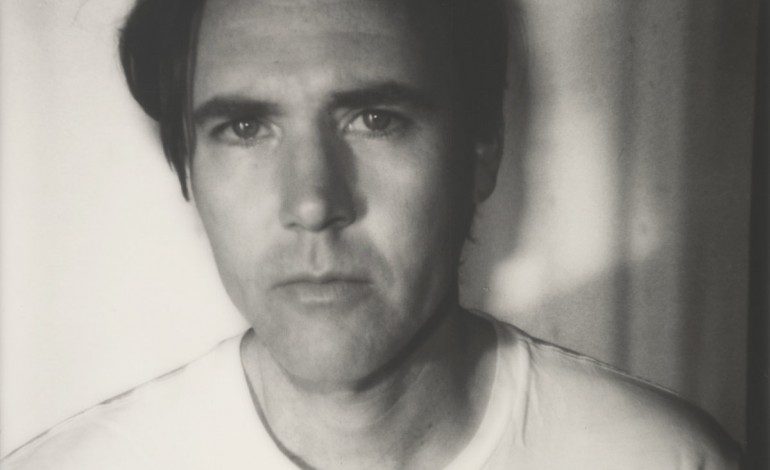

Groovy, intimate folk rock
With the amount of music swirling around the Internet these days, solo acts in the folk-rock vein might have trouble distinguishing themselves from the others. But that’s a problem that the elusive, mysterious and wildly interesting Cass McCombs will never have.
On Mangy Love, McCombs’ debut on the inimitable Anti Records, the California native offers a standout of the years’ singer-songwriter releases. While McCombs commands some name recognition from his time with more than a decade of solo work to his name, this will be the record to get McCombs attention across the board. Not only is it unique in its slow, earthy delay and trippy, retro rock vibe, but a label like Anti gives him a new home that specializes in putting the spotlight on bold, brash and unbelievably talented solo artists (Tom Waits, Neko Case, Kate Bush).
Musically, McCombs offers a ’70s-sounding classic rock style with layers upon layers of guitars and meandering, spacey solos – with plenty of genre splicing with blues, soul and alt-country. Lyrically, McCombs is introspective and socially conscious but far from preachy – he’s more like an observant participant than a soapbox commentator, allowing his wit and choice of topics to drive the point home.
McCombs follows the song’s impulses and feeling, and each track presents as its own little landscape with its own native language full of strings, keys, horns or other vocabularies. There’s a consistently psychedelic rock edge to his playing and his vocal stylings, but the songs are still pretty well-contained in a pop song format.
In the span of the first three tracks, McCombs begins to show his multiple personalities, a testament to his virtuosic versatility. Opener “Bum Bum Bum” starts off pretty mellow, with a dusty, folksy feel and a cinematic social commentary. Then things get pretty sexy pretty quickly on “Rancid Girl,” with a dirty bluesy riff reminiscent of The Black Keys. Without warning, McCombs takes a soulful turn on “Laughter is the Best Medicine,” with Barry White-esque backup vocals and believe-it-or-not jazz flute. It might be the best of use of flute in a singer-songwriter’s record, and it’s easily one of the records’ most unique takes.
McCombs commits to a falsetto on “Medusa’s Outhouse,” which gives way to a spoken word bridge (“If it’s so easy, you try,” McComb goads the listener) before leading into distortion-filled riffs. The six-minute “Low Flying Bird” kicks off with an easy listening vibe before descending into a harmonious, delay-infused slow-jam that’s all about the groove. It’s fresh, modern music for people who like Pink Floyd, or edgy, introspective listening for people who didn’t know they liked Pink Floyd.
The first minute of “It” and its choir backup vocals have the same dreamy, psychedelic edge, with a hypnotizing, airy riff and echoing effects aplenty. With so much going on musically, it would be easy to dismiss whatever narrative or lyrics McCombs has to offer. But with the right set of ears on, the listener learns that McCombs is an astute, aware observer throughout the album, and he gets culturally critical with “It” and again on the energized, auxiliary-filled “Run Sister Run.”
Closer “I’m A Shoe” brings us back to the desperado cowboy feel, with McCombs showing off his voice’s lower register to end the album on a dark, shadowy note. It’s as memorable as anything else on this record, and just as unexpected.
While McCombs has some serious playing chops and a wry take on the world, it’s his sheer, unbridled creativity that makes his latest album such a great listen. He doesn’t hold back, he doesn’t pigeonhole himself into a single sound, and he doesn’t shy away from risks. It is evident that this album wasn’t just thrown together – each song is so unique that it must’ve merited its own amount of attention and production. Underneath the grit of Mangy Love, there’s real polish.
